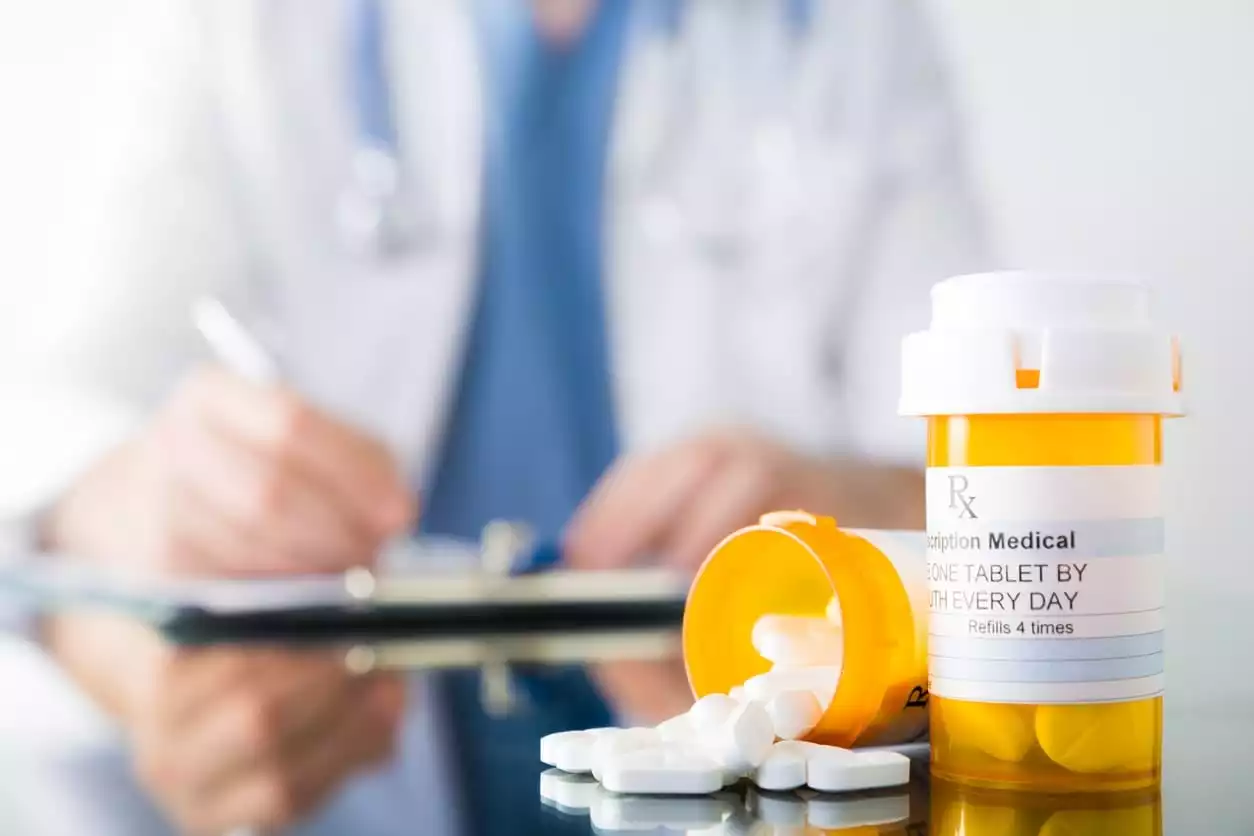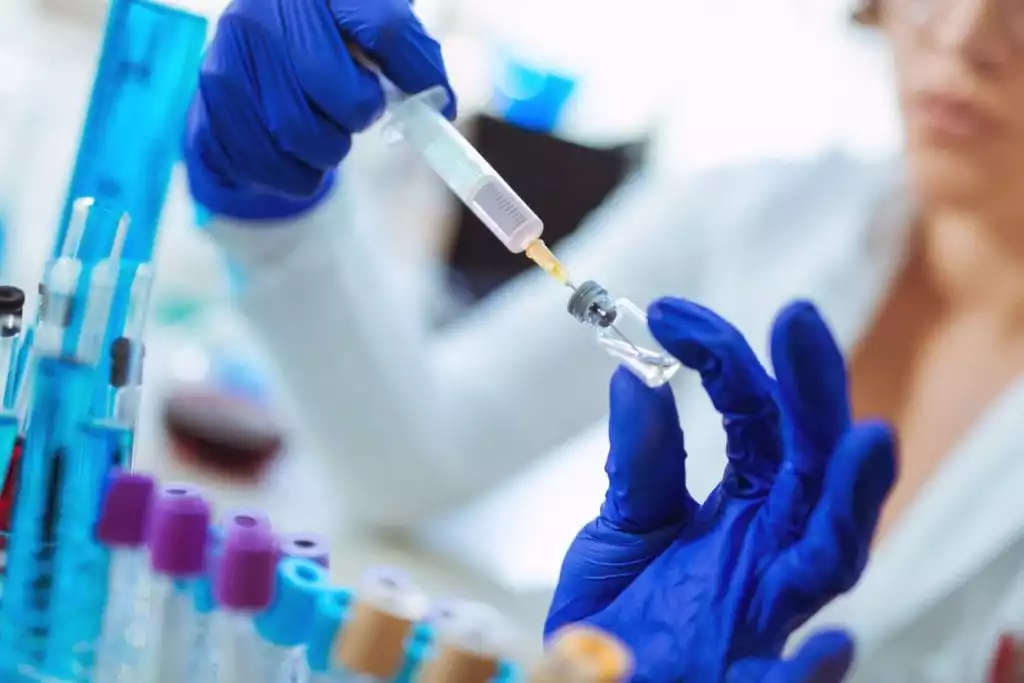
Pretty much everyone has taken medication at least once over the course of their lives. That’s why most people are already somewhat familiar with the medication dose instructions found on most medication labels, prescriptions, or leaflets that come in medication packages.
There’s a good reason this information is printed somewhere on every pack of medicine, even if it seems unnecessary because you’re already familiar. Not only does it ensure you have a quick point of reference, but it also prevents potentially risky accidents.
A medication dose is the amount of medicine taken in a single ingestion or use. Along with the amount, there’s usually a time interval; something like “Take one tablet every four hours,” for example. Between these two numbers, you know how much of the medicine you should be taking every day to get the best results and minimize any side effects.
The Basics of Medication Doses
- Always take the correct dose of your medicine.
- Take medication at the correct intervals each time.
- Get medical advice before switching between delivery formats.
- Remember that your age, weight, and metabolic rate affect your medication dose.
- Never take someone else’s medication; it may not be the right dose.
- Always take the full course of any medication your doctor prescribes.
Next, let’s get deeper into dosing and how it works.
Doses Matter
When you’re taking any kind of medication, it’s important to stick as close to the correct dose as you can. There are a few reasons behind this concept.
- Overdosing. Many medicines are good for you if used correctly, but start to become harmful if you take too much. This isn’t only true for prescription medication, either; Tylenol can cause liver damage if you take too many, and even simple aspirin in very high doses can cause dangerous bleeding.
(Regarding the previous statement on OTC painkillers: they may help, but they also have risks. If you or someone else takes more than the correct medication dose, get medical advice as soon as you can – overdoses are dangerous.)
- Speed of action. If the instructions say to take one pill three times a day, don’t do the math and decide it’s fine to take three pills first thing in the morning then forget about it for the rest of the day. It might be fine, but the chances are it won’t be.
That’s because different drugs take varying lengths of time to get into your system and start working. Some take a while to have any effect, while others act very quickly. If you don’t stick to the dosage you can end up not having any of the medicine protecting you for most of the day.
- Underdosing. Taking too much medicine can be dangerous, but taking too little isn’t much better. The correct medication dose has been worked out so that you get enough for it to do what it’s supposed to do. If you take less than that, it might not work.
For example, if you’re taking an analgesic, you might not get enough of the medication to kill the pain. If you’re taking antibiotics, taking too little can allow bacteria to grow resistant to the medication over time.
What Medication Dose Should I Take?
With some medicines, the dose doesn’t need to be very precise, so it’s good enough to say “Adults – take two tablets twice a day,” for example. This means that any adult who follows the medication dose will get enough of the drug to help them with the lowest possible risk of side effects or harm.
Other medications may have extremely precise dosing, sometimes into the micrograms. This means they need to be calculated more accurately. When doctors calculate the dose, they consider a number of factors.
- Body weight. The more you weigh, the more of medicine you’ll need to take to get the right concentration through your whole body. Similarly, if you’re small or young, you may need less medication.
- Metabolism. If you have a fast metabolism, your body will process medications more quickly, clearing them from your body. This might mean you need to take larger or more frequent doses to have an effective level of the drug. If you have a slow metabolism due to a liver disease or metabolic condition, the opposite may be true.
- Age. Your age can have a big effect on how much medicine you need. Older people often have slower metabolisms, so might need to take less. Children have very fast metabolisms, but also a lower body weight, and this is a consideration as well.
Different Products, Different Doses
We’ve been talking about pills, but of course not all medicines are pills; some are capsules or liquids. Others are designed to be inhaled, applied as a patch or rubbed on as a cream. Dosing structure may be different for each of these, and even pills aren’t straightforward – some should be chewed, others swallowed.
The problem for you, when it comes to working out the dose, is that all these distinct kinds of medicine act in different ways. Chewable tablets will usually deliver the medicine into your system quicker than one that you swallow, and an oral spray is even quicker.
These differences might mean you need to take smaller but more frequent doses to get the same daily dose, or they might mean the dose is very different altogether.
If you’ve been taking 500 mg of medication in one form, but you then buy a different delivery format such as a topical cream, don’t assume that you should still be aiming to take 500 mg. You might need a very different dose to get the same effect, so always get medical advice first. Your pharmacist is a great resource if you aren’t sure.
Another thing to take into consideration with your medication dose is that every dose is not universal. Although medications will have a recommended dosage, this dose may not work for you. Due to the amount of aspects doctors must take into consideration when creating a dose, it won’t always work for everyone.
Luckily, this is where compounded medications come in. Your local compounding pharmacy will be able to take all these aspects and create a personalized medication dose just for you.
Antibiotics
If there’s one type of medicine that revolutionized 20th century medicine, it’s antibiotics. Unfortunately, they’re also the category that causes a lot of problems if you don’t take them in the right dose.
Growing antibiotic resistance means that people must be very careful with how and when they take antibiotics, lest the medical advances over the last hundred years are lost. Antibiotics work by killing the bacteria that cause many infections and diseases.
When you receive antibiotics, there is a specific dose so that it’s high enough to completely wipe out the infection in your body. The problem is that many people stop taking the antibiotics as soon as they feel better.
You might feel better 10 days into a two-week course of antibiotics, but there’s a good chance that you haven’t yet eliminated all of the bacteria in your body. Most of them are gone, and the rest are on the way out, but some are still hanging in there. If you stop taking the antibiotics, those bacteria will survive. Given the opportunity, they will multiply and you may become sick again.
What that means is that when these bacteria start reproducing again, new generations can learn and adapt, becoming more resistant.
The infection might come back, and this time it will be harder for the antibiotic to knock it down. Every time the cycle repeats, the bacteria that survive and reproduce are harder to kill. Eventually, they become completely resistant to the antibiotic and it doesn’t work anymore.
We’re seeing this now with certain urinary tract infections, gonorrhea, and certain strains of MRSA.
Conclusion
Always take your antibiotics to the letter, for as much and as long as your doctor specifies. If you experience side effects, or you don’t feel they’re helping, don’t stop the medication – call your doctor. The only exception to this rule is if you experience dangerous allergy symptoms or a medical emergency; then, it’s okay to stop the drug temporarily and head to your local hospital.
Now that you know the basics of your medication dose, you can take your medicine successfully and reduce your risk of potentially dangerous accidents. If you still have questions, reach out to your local pharmacist today!
And if you need more information about how a compounding pharmacy can help, contact Burt’s Rx today! We offer services such as pediatric compounding, pet compounding, compounded medication for pain management, BHRT, and dental compounding.

 info@burtsrx.com
info@burtsrx.com

